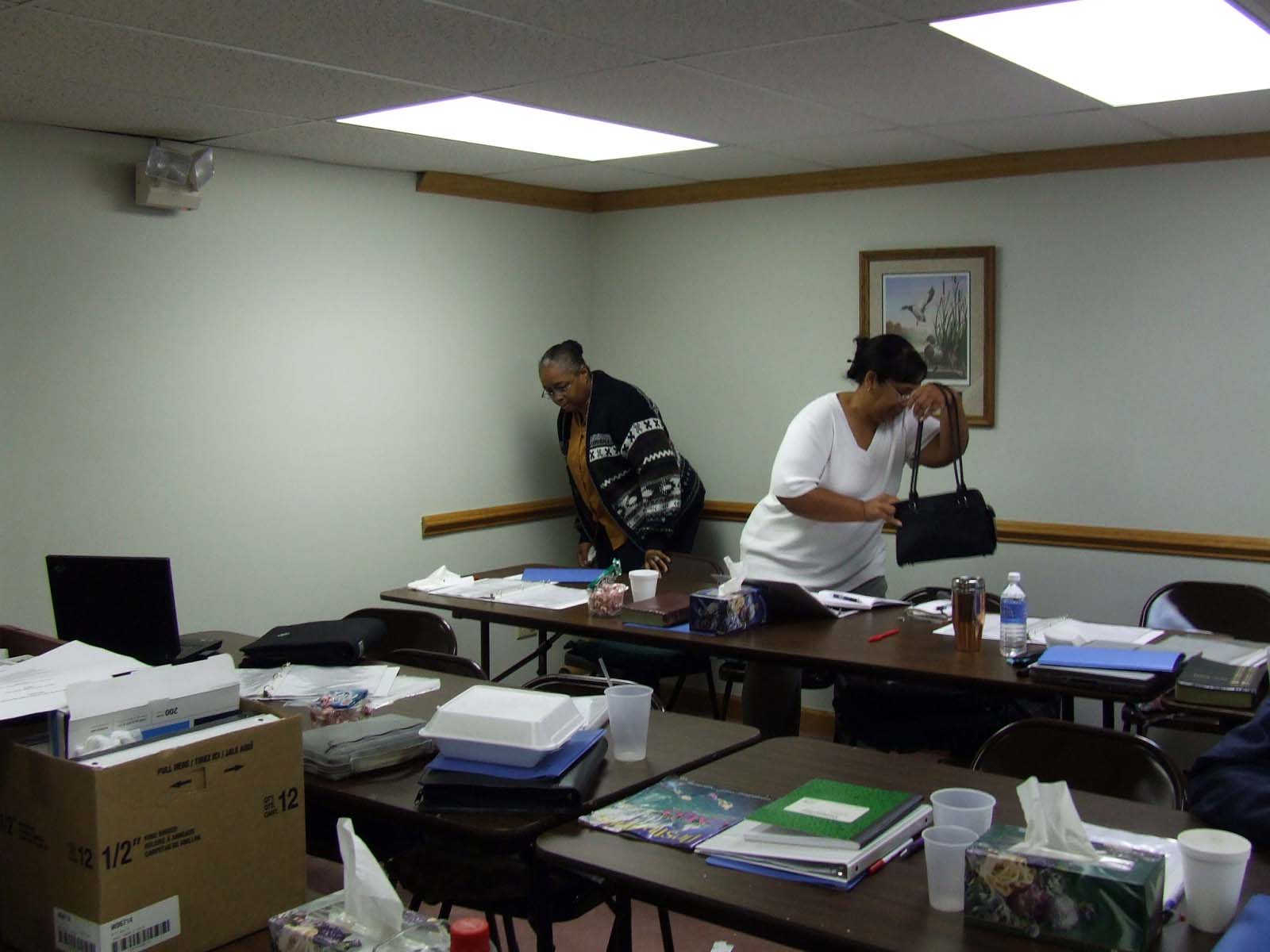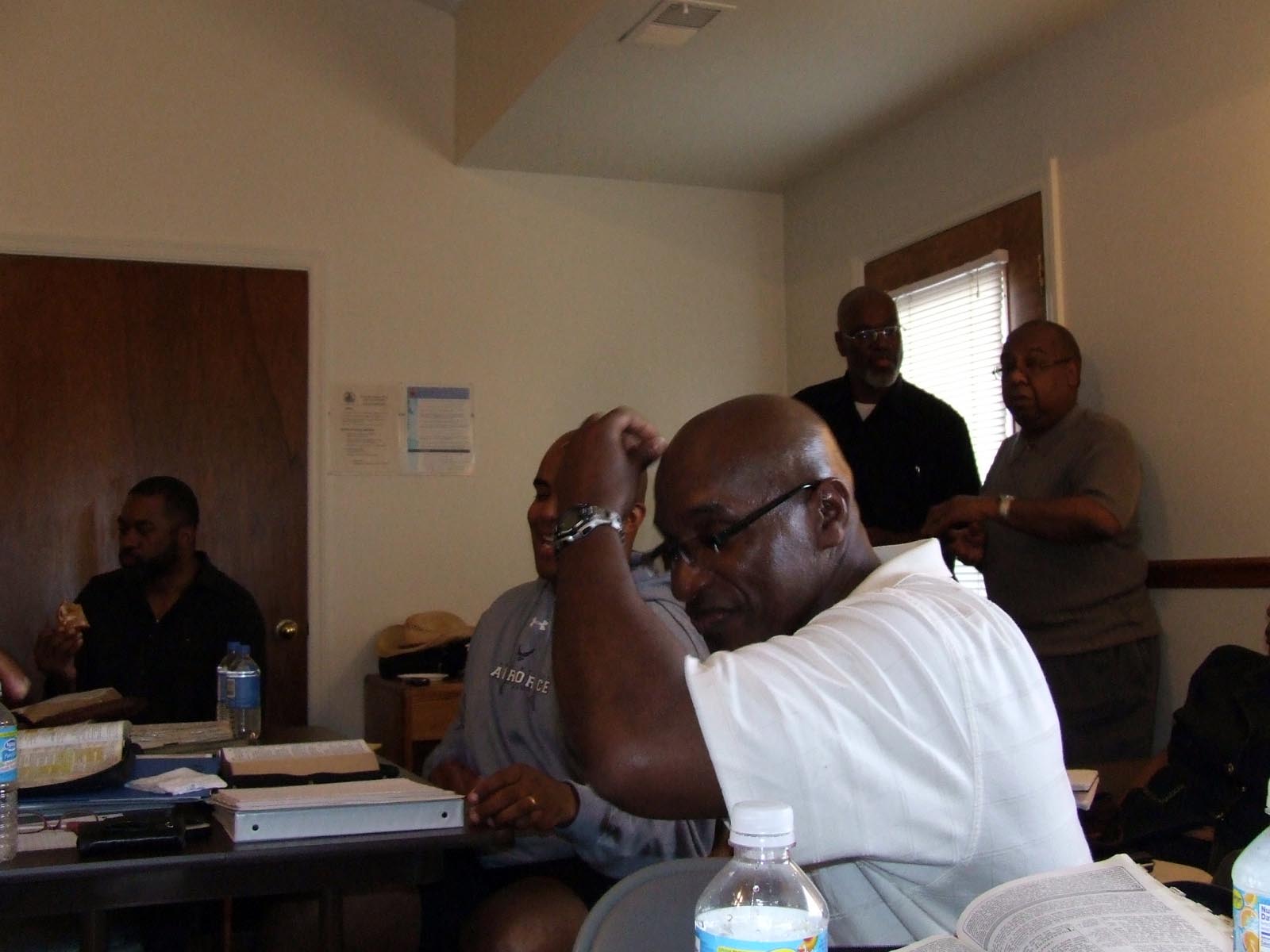HOME MINISTRY CHURCH CONTACT US
CHURCH OPERATIONS LEADERSHIP CHRISTIAN EDUCATION
COLLEGE OF DIVINITY NEWSLETTER
T.O.D.F., COLLEGE OF DIVINITY
ACADEMIC PROGRAM
TODF, College of Divinity offers liberal arts based undergraduate programs of study. The TODF, College of Divinity liberal arts curriculum acquaints students with the primary areas of spiritual, religious and philosophical foundations of civilization and allows them to pursue a major in discipline of their interest and talent. Through an integrated program of study, students are encouraged to relate knowledge gained from other disciplines with the principles of their chosen major. The liberal arts curriculum offers students the opportunity to gain greater knowledge of themselves, to develop a understanding that man kind, the human species is our business; ultimately to acquire insight into their responsibilities to one another.
Through the liberal arts, students learn to think critically, write effectively, and
solve problems individually and in groups. By integrating new technologies in courses in all disciplines, students learn to use those technologies to expand their knowledge and their academic performance. This develops an understanding of their relationship to the environment and the world. Such skills prepare them to be more effective and efficient as they make their impact upon man kind.
There are three core features of the TODF, College of Divinity curriculum: general education, the major, and electives. With guidance from an academic advisor, each student takes courses within each facet of the program.
GENERAL EDUCATION
For both associate’s and bachelor’s degree students, general education forms the foundation of the TODF, College of Divinity education. Following the lead and recommendations of selected institutions of learning; as well as the Christian Education curriculum of the church, the TODF, College of Divinity faculty and academic administration developed in the spring of 1978, an integrated, interdisciplinary general education program.
In this program, the general education curriculum becomes not simply the totality of courses offered but rather an organization of the type and possible sequence of students’ experiences leading to rich and meaningful baccalaureate degree. The combination of structure and depth assures that TODF, College of Divinity undergraduates will likely share a number of educational and life experiences. The general education core provides a template for how faculty in Arts, Secular and Christian Education can better prepare TODF, College of Divinity undergraduates for the new century. It provides a basis for ongoing development of courses and curricula adapted to the preparation of students for a challenging and rapidly changing environment.
The religious and spiritual education curriculum challenges not only students but also faculty and departments. It prompts us to think further about how we teach our areas of expertise and makes it our collective responsibility to convey what excites us in our discipline. Furthermore, faculty must be able to pass on that excitement not only to those to whom subject matter comes easily or who have powerful pre-professional reasons for working hard, but also to those who are wary of our disciplines and the knowledge they embody. Finally, our general education core explores our values in integrated ways that help students understand the purpose of values in a learning community.
The TODF, College of Divinity general education core includes:
Christian Development and Secular courses in writing, computer literacy, mathematics and wellness; Spiritual Development courses that provide students with an introduction to a Christian education and learning in the arts, humanities, social and behavioral sciences; and Senior Focus courses that ties learning in the major together with the general education.
Majors
A major is a group of courses clustered in an area of intellectual inquiry. Students in a major study a particular field of knowledge in depth so that they can read and interpret the literature of that field and perform the work of that field in an effective manner.
Minors:
are a series of linked courses and learning opportunities that allow students to explore and area of intellectual interest. Programs of study leading to a minor requires a minimum of 15 semester hours and a maximum of 21 semester hours. No more than half of a minor’s requirements can be satisfied by transfer or standardized testing credit. Students wishing to minor in a field may use no more than two courses they have taken in their major to apply toward the requirements for their minor. A minor is not required for graduation.
Specializations:
To ensure a complete education, some majors provide students with the opportunity to study specific areas in-depth. The College of Divinity offers specialization in a variety of areas. These specializations integrate the general education core of the College of Divinity with the core of the courses in discipline and the specialized courses that prepare the student in a particular area of interest. Specializations occur in Evangelism, Christian Education, Missions/Outreach, Spiritual Leadership and Church Business programs.
Electives:
Students must complete enough elective hours to fulfill the minimum:
6 academic credits required for an Associate degree.
30 academic credits required for a Bachelor degree.
In consolation with the academic advisors, students may choose electives from the courses listed in this catalog under “Courses of instruction”, provided the prerequisites for the courses have been met.
ASSOCIATE PROGRAMS
Associate of Religious Education
Associate of Christian Education
Associate of Spiritual Development
Associate in Biblical Studies
Associate of Christian Business Administration
Associate in Christian Counseling
Associate of Christian History
Associate in Church Leadership
Associate in Missions
Associate in Ministerial Studies
BACHELOR PROGRAM
Bachelor of Religious Education
Bachelor of Christian Education
Bachelor of Spiritual Development
Bachelor in Biblical Studies
Bachelor of Christian Business Administration
Bachelor in Christian Counseling
Bachelor of Christian History
Bachelor in Church Leadership
Bachelor in Missions
Bachelor in Ministerial Studies
GRADUATE PROGRAMS
Master of Christian Education:
Religious
Spiritual Development
Master of Organizational Leadership:
Church Leadership
Missions Instructional Leadership
Master of Divinity
Master of Arts in Specialized Ministry
Pastoral (Shepherd) Care
Evangelism in the Church
Prophecy /Prophesy in Church
Teaching/Instructional guidance in Church
Master of Theological Studies
Master of Ministerial Studies
Master of Evangelism
Missions:
Outreach Services
International or Domestic
BACK ‹ ›
Terms
of Use · Copyright © ·
1976-2010 Tower of Deliverance Fellowship, All
rights reserved.



